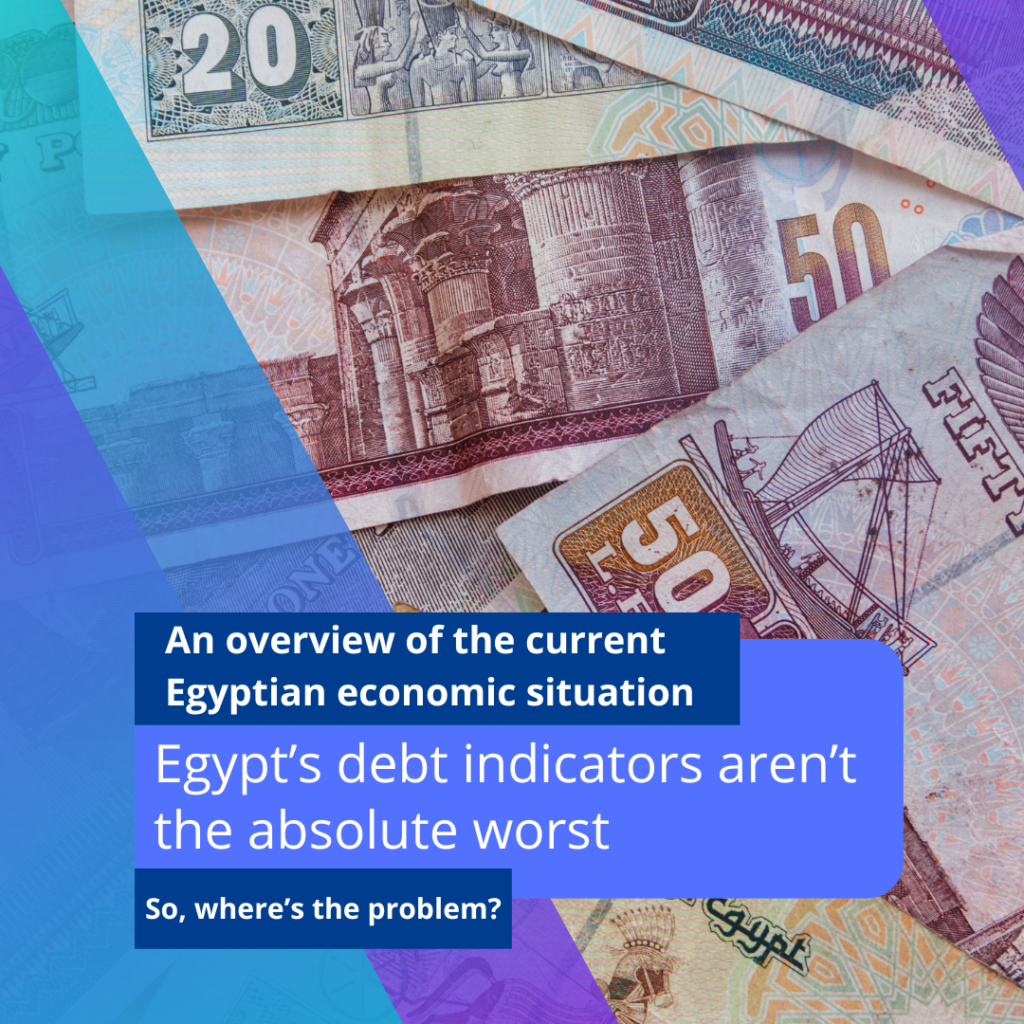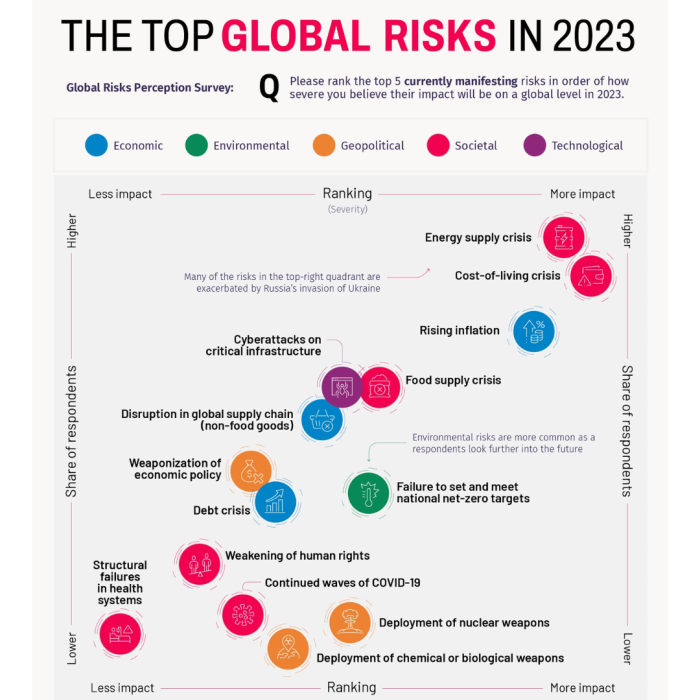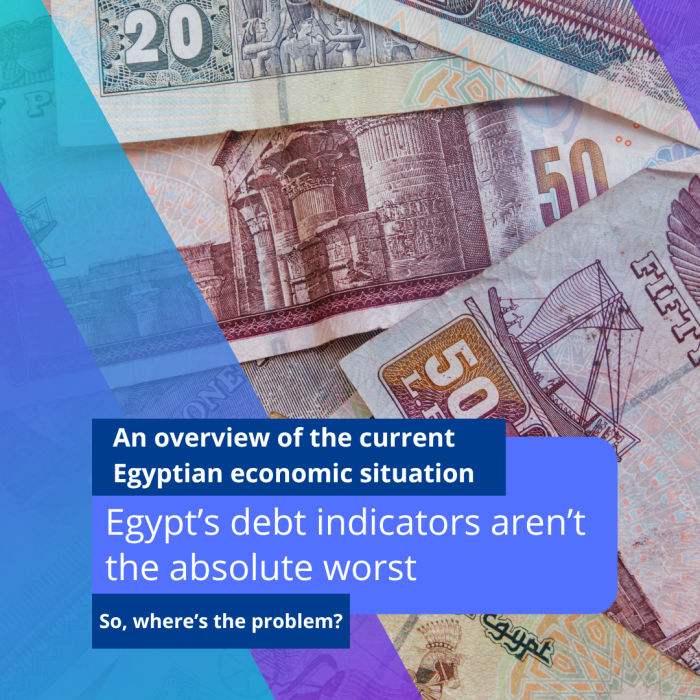







From the conception of a project roadmap to the diligent administration of contracts, this narrative explores the practical facets of Contract Management. Unfolding hands-on tips and insightful strategies, it transforms everyday tasks into key instruments for operational success in your projects. Let’s unlock the potential of Contract Management together, one contract at a time!
The Supreme Investment Council, chaired by the President, convened on May 16, 2023 to discuss some decisions that add confidence to the investment climate in Egypt, including the approval of a draft decision to amend text of Law No. 7 of 2017 to allow the foreign investor registering in the importers register for 10 years. And to hire an international consulting firm to develop a clear strategic vision for investment in Egypt. The aim is to improve Egypt’s ranking in the ease of doing business index in the coming years, to achieve the national target of raising investment rates to between 25% and 30%, and to study the amendment of 9 articles of the Law Economic zones of a special nature 83 of 2005 granting privileges and exemptions to the economic zone.
Related to investment incentives, we would like to refer to some other incentives already existing under the Investment Law and the Economic Zones Law, both aiming at attracting foreign investment.
Law No. 84 of 2017 has been issued to compensate contractors, supplies and services providers for the rise in costs due to economic reforms at that time. Accordingly, a committee was formed by the Egyptian Ministry of Housing to develop basis for such compensations, covering the period from March to December 2016. Due to the importance of the Private Sector / State contracts, and the continuity of economic reforms, State proposed Law No. 173 of 2022 extending the Compensation Law beyond 2016. Articles 1 and 4 of Law 84 were amended, so that, Parties in contracts with State after December 2016, have the right to claim compensation.
Even if the runaway effects of inflation have lessened, we are still considerably below a pace that is sustainable. According to an article of Harvard Business Review with the same title, the final push toward sustainable inflation levels will require a longer period of sustained higher rates than people imagine.
The World Economic Forum (WEF) has recently produced its annual publication: the Global Risks Report. It provides an overview of the most pressing global risks the world is facing, as identified by experts and decision-makers. This graph was developed by Visual Capitalist to summarize findings of such report.
These risks were found to be grouped into five general categories: economic, environmental, geopolitical, societal, and technological. In the lower–middle portion of the chart are the risks that could have serious impacts—such as attacks involving nuclear or biological weapons—but that were highlighted by fewer experts.
Over in the top-right quadrant of the chart are the risks that a number of experts mentioned, and that are causing a strain on society. Not surprisingly, the top risks are related to issues that impact a wide variety of people, such as the rising cost of living and inflation. When staples like food and energy become more expensive, this can fuel unrest and political instability—particularly in countries that already had simmering discontent. WEF points out that increases in fuel prices alone led to protests in an estimated 92 countries.

Even if the runaway effects of inflation have lessened, we are still considerably below a pace that is sustainable. According to an article of Harvard Business Review with the same title, the final push toward sustainable inflation levels will require a longer period of sustained higher rates than people imagine.
Greenwashing: a situation in which a firm makes misleading or exaggerated claims about the environmental benefits of its products or services. Greenwashing results in loss of investors’ trust and capital misallocation.

Economies of Scale: refers to the ability of a business to reduce costs, as a result of production size and standardization.
Services Industry cannot capture economies of scale in the same ways as manufacturers. This is because expanding “production” to a service firm means adding personnel which increases fixed costs and drains away savings that are key to economies of scale. However, service companies can still take advantage of economies of scale in some respects.
First, service companies can use economies of scale of procured technology to improve efficiency and decrease time consumed to complete a job without additional staff.
Second, of marketing can be exploited as well. This is crucial because service firms are marketing something intangible that can’t be experienced until the firm has delivered it.
Third, standardization gives service businesses a chance to improve efficiency and reduce time consumption. A service provider could develop templates for documents that he writes most often, which reduces formatting time.
The Gulf markets, as well as Egypt and perhaps the world, declined amid fears of a recession, so we offer you some advice on how companies can mitigate the damage caused by the recession.

In 2021, RICS has published an interesting sustainability report. RICS Global Commercial Property Monitor (GCPM) and the RICS Global Construction Monitor (GCM) collected some information from sustainability interested professionals.
















In our conference discussion, we highlighted the significant impact of AI on consulting within the GCC, particularly in the context of Saudi Vision 2030. AI facilitates precise data analytics of extensive datasets, empowering consulting services to address ambitious goals. Looking ahead, we anticipate AI's evolution to move beyond mere analysis, becoming more predictive. This shift will see AI not only offering insights but, along with human factor, also suggesting actionable strategies for robust outcomes.
Our Management will be in Riyadh for Disputes Week, ready to engage with industry peers and discuss future collaborations. At DueSurve Consultants, we're dedicated to advancing contract management and dispute resolution.
Capital-intensive projects demand a strategic approach to contract and risk management to ensure project success, financial stability, and competitive advantage. In this presentation, we will explore key strategies and best practices that organizations can adopt to navigate the unique challenges of capital-intensive projects and optimize their contract and risk management processes.
Capital-intensive projects demand a strategic approach to contract and risk management to ensure project success, financial stability, and competitive advantage. In this presentation, we will explore key strategies and best practices that organizations can adopt to navigate the unique challenges of capital-intensive projects and optimize their contract and risk management processes.
From the conception of a project roadmap to the diligent administration of contracts, this narrative explores the practical facets of Contract Management. Unfolding hands-on tips and insightful strategies, it transforms everyday tasks into key instruments for operational success in your projects. Let's unlock the potential of Contract Management together, one contract at a time!
The Supreme Investment Council, chaired by the President, convened on May 16, 2023 to discuss some decisions that add confidence to the investment climate in Egypt, including the approval of a draft decision to amend text of Law No. 7 of 2017 to allow the foreign investor registering in the importers register for 10 years. And to hire an international consulting firm to develop a clear strategic vision for investment in Egypt. The aim is to improve Egypt's ranking in the ease of doing business index in the coming years, to achieve the national target of raising investment rates to between 25% and 30%, and to study the amendment of 9 articles of the Law Economic zones of a special nature 83 of 2005 granting privileges and exemptions to the economic zone.
Related to investment incentives, we would like to refer to some other incentives already existing under the Investment Law and the Economic Zones Law, both aiming at attracting foreign investment.
Capital-intensive projects demand a strategic approach to contract and risk management to ensure project success, financial stability, and competitive advantage. In this presentation, we will explore key strategies and best practices that organizations can adopt to navigate the unique challenges of capital-intensive projects and optimize their contract and risk management processes.
Law No. 84 of 2017 has been issued to compensate contractors, supplies and services providers for the rise in costs due to economic reforms at that time. Accordingly, a committee was formed by the Egyptian Ministry of Housing to develop basis for such compensations, covering the period from March to December 2016. Due to the importance of the Private Sector / State contracts, and the continuity of economic reforms, State proposed Law No. 173 of 2022 extending the Compensation Law beyond 2016. Articles 1 and 4 of Law 84 were amended, so that, Parties in contracts with State after December 2016, have the right to claim compensation.

The World Economic Forum (WEF) has recently produced its annual publication: the Global Risks Report. It provides an overview of the most pressing global risks the world is facing, as identified by experts and decision-makers. This graph was developed by Visual Capitalist to summarize findings of such report.
These risks were found to be grouped into five general categories: economic, environmental, geopolitical, societal, and technological. In the lower–middle portion of the chart are the risks that could have serious impacts—such as attacks involving nuclear or biological weapons—but that were highlighted by fewer experts.
Over in the top-right quadrant of the chart are the risks that a number of experts mentioned, and that are causing a strain on society. Not surprisingly, the top risks are related to issues that impact a wide variety of people, such as the rising cost of living and inflation. When staples like food and energy become more expensive, this can fuel unrest and political instability—particularly in countries that already had simmering discontent. WEF points out that increases in fuel prices alone led to protests in an estimated 92 countries.

Even if the runaway effects of inflation have lessened, we are still considerably below a pace that is sustainable. According to an article of Harvard Business Review with the same title, the final push toward sustainable inflation levels will require a longer period of sustained higher rates than people imagine.
This video leverages 20 years of expertise, spotlighting the transformation of contract, risk, and cost management in today's advanced global climate. Advocating a comprehensive approach, it elucidates strategies, techniques, and real-world examples, emphasizing proactive adaptation and integrated management as essentials for competitiveness in capital-intensive projects.
"Unlock success: watch, learn, adapt now."
Greenwashing: a situation in which a firm makes misleading or exaggerated claims about the environmental benefits of its products or services. Greenwashing results in loss of investors’ trust and capital misallocation.

In 2021, RICS has published an interesting sustainability report. RICS Global Commercial Property Monitor (GCPM) and the RICS Global Construction Monitor (GCM) collected some information from sustainability interested professionals.

Economies of Scale: refers to the ability of a business to reduce costs, as a result of production size and standardization.
Services Industry cannot capture economies of scale in the same ways as manufacturers. This is because expanding "production" to a service firm means adding personnel which increases fixed costs and drains away savings that are key to economies of scale. However, service companies can still take advantage of economies of scale in some respects.
First, service companies can use economies of scale of procured technology to improve efficiency and decrease time consumed to complete a job without additional staff.
Second, of marketing can be exploited as well. This is crucial because service firms are marketing something intangible that can’t be experienced until the firm has delivered it.
Third, standardization gives service businesses a chance to improve efficiency and reduce time consumption. A service provider could develop templates for documents that he writes most often, which reduces formatting time.

The World Economic Forum (WEF) has recently produced its annual publication: the Global Risks Report. It provides an overview of the most pressing global risks the world is facing, as identified by experts and decision-makers. This graph was developed by Visual Capitalist to summarize findings of such report.
These risks were found to be grouped into five general categories: economic, environmental, geopolitical, societal, and technological. In the lower–middle portion of the chart are the risks that could have serious impacts—such as attacks involving nuclear or biological weapons—but that were highlighted by fewer experts.
Over in the top-right quadrant of the chart are the risks that a number of experts mentioned, and that are causing a strain on society. Not surprisingly, the top risks are related to issues that impact a wide variety of people, such as the rising cost of living and inflation. When staples like food and energy become more expensive, this can fuel unrest and political instability—particularly in countries that already had simmering discontent. WEF points out that increases in fuel prices alone led to protests in an estimated 92 countries.

Economies of Scale: refers to the ability of a business to reduce costs, as a result of production size and standardization.
Services Industry cannot capture economies of scale in the same ways as manufacturers. This is because expanding "production" to a service firm means adding personnel which increases fixed costs and drains away savings that are key to economies of scale. However, service companies can still take advantage of economies of scale in some respects.
First, service companies can use economies of scale of procured technology to improve efficiency and decrease time consumed to complete a job without additional staff.
Second, of marketing can be exploited as well. This is crucial because service firms are marketing something intangible that can’t be experienced until the firm has delivered it.
Third, standardization gives service businesses a chance to improve efficiency and reduce time consumption. A service provider could develop templates for documents that he writes most often, which reduces formatting time.

In 2021, RICS has published an interesting sustainability report. RICS Global Commercial Property Monitor (GCPM) and the RICS Global Construction Monitor (GCM) collected some information from sustainability interested professionals.

Even if the runaway effects of inflation have lessened, we are still considerably below a pace that is sustainable. According to an article of Harvard Business Review with the same title, the final push toward sustainable inflation levels will require a longer period of sustained higher rates than people imagine.








©2023. DueSurve. All Rights Reserved.